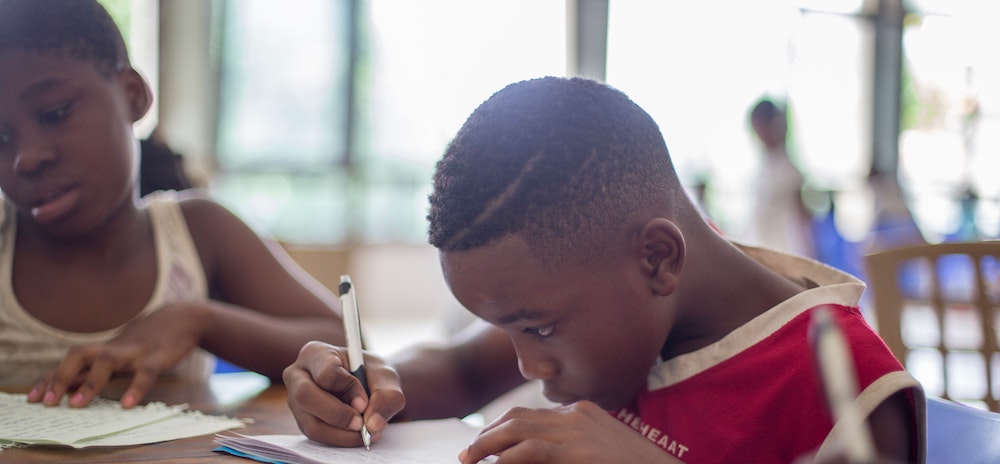
Assessment content centers on common, real-world science contexts that are relevant to students, and it can provide students information outside the tested skills and can help students make connections to topics in other content areas. An unscored "wonder question" provides an opportunity for students to reflect on what they already know about a science concept and helps engender curiosity.
Assessment items are presented in isolation with no opportunity to reflect on or engage with previously learned concepts or connections to other content areas.
Ensure that chosen contexts or phenomena are equally likely to be familiar to students with and without sensory impairments or communication support needs



